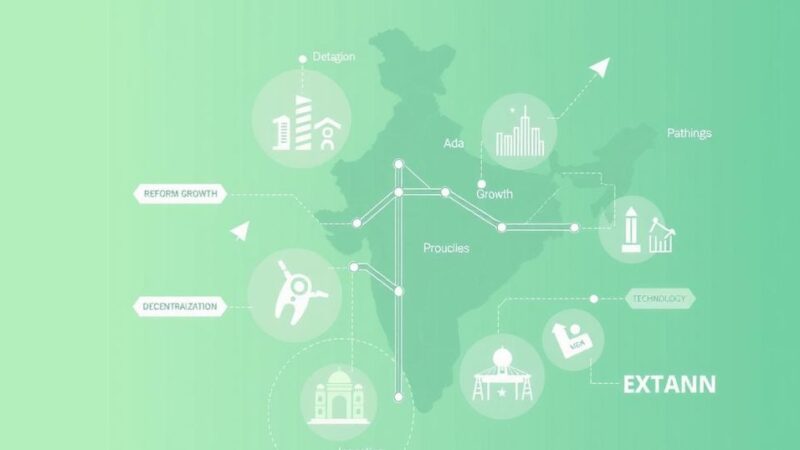Brazil will not pursue a Brics common currency this year but seeks to minimize reliance on the US dollar. Proposals include using local currencies in trade and leveraging technology like blockchain for transactions. These discussions may attract scrutiny from the US, particularly after former President Trump’s warnings. The upcoming Brics summit will discuss these initiatives further.
Brazil’s presidency of the Brics group in 2023 will not pursue a common currency among member nations but aims to reduce dependence on the US dollar in international trade. According to four government officials, the agenda is focused on easing international payments in local currencies rather than on replacing the dollar. This move may provoke responses from the US government, especially amidst recent comments by former President Trump warning about challenges to the dollar’s dominance.
The discussions around a shared currency, initially proposed by President Luiz Inacio Lula da Silva, have not progressed into technical dialogues among Brics nations. Instead, Brazil is promoting reforms within Brics to facilitate the use of local currencies in trade. An ongoing focus remains on implementing technology, like blockchain, to improve transaction costs under the guidance of standard-setting bodies like the Bank for International Settlements (BIS).
No aspirations exist among Brics countries to eliminate dollar reserves entirely. President Lula has recently emphasized the group’s right to discuss trading systems that lessen reliance on the US dollar while acknowledging the importance of maintaining existing reserves. Brazilian Finance Ministry officials recently reviewed proposals for enhancing cross-border payment systems as part of Brazil’s leadership agenda in Brics this year.
The Brics summit is set for July, preceded by an informal gathering of representatives in South Africa this month during the G20 meetings, where Brazil will outline its leadership plans. The Brics group has grown to include new members like Egypt, Ethiopia, and Saudi Arabia, expanding its influence as a counterweight to Western powers in global diplomacy.
Brazil is leading advancements in global payment systems through its instant payment platform, Pix, which launched in 2020. As Brazil’s central bank chief stated, Pix can be integrated with other systems despite some governance challenges. Additionally, Brazil’s Local Currency Payment System allows transactions in reais, helping bypass the dollar to lower costs in trade with neighboring countries.
In summary, Brazil’s current presidency of Brics will not advance a common currency but will focus on reducing reliance on the US dollar through local currency arrangements. This strategy includes technological initiatives aimed at simplifying transactions. The Brics nations are not discarding the dollar but are exploring ways to enhance their payment systems while maintaining existing reserves. The upcoming summit in July will further shape this agenda as Brazil presents its plans to fellow members.
Original Source: www.business-standard.com





